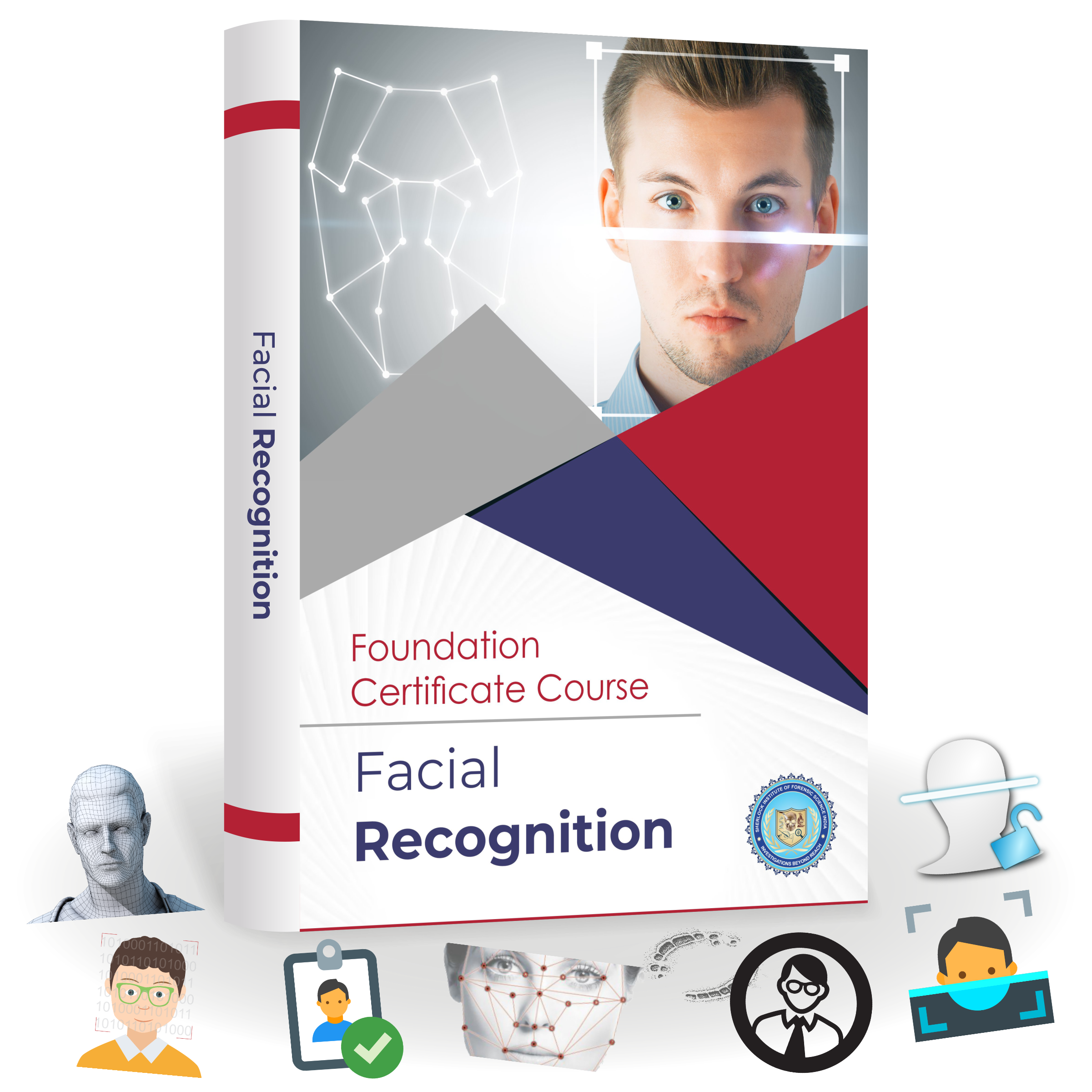The facial recognition online course was highly insightful! Learning about facial analysis techniques and their applications in forensics was fascinating. The instructors made every session engaging and cleared all our queries.

Course Start Date : 2nd Oct 2025
Last Date to Register : 25th Sep 2025
Facial recognition technology plays a key role in modern forensic investigations, enabling the identification of suspects, the locating of missing persons, and solving cases related to mass disasters. The online Facial Recognition Foundation Certificate Course by the Sherlock Institute of Forensic Science is specially designed for individuals who want to master the techniques of facial recognition and apply them in solving criminal cases and security challenges.
This one-month intensive course will be delivered by leading experts in the field, combining theoretical knowledge with several real-world case studies. The course will cover various topics, including facial recognition principles, image enhancement techniques, face detection algorithms and limitations, face recognition methods (feature- and template-based), deep and machine learning approaches, real-life applications, handling partial and low-quality images, and related legal frameworks and privacy concerns.
After completing this certified course, you will have expertise in implementing facial recognition methods to solve cold cases, identify missing persons, and for security purposes. You can also further expand your knowledge in this field by gaining more practical experience as a facial recognition expert, which will open doors to several high-paying jobs in the related fields. So, get ready to be mentored by industry experts and take your skills in facial recognition to the next level.
Become Proficient to Answer:
- How does facial recognition help in forensic investigation?
- In what way do facial biometrics aid in the identification of crime suspects?
- What technologies and algorithms are used in facial recognition systems?
- How are facial features analyzed and compared for purposes of identification?
- What makes it difficult to recognize faces from low-quality images or videos?
- In what ways does forensic facial imaging prove useful in cold cases and missing person investigations?
- What does 3D facial reconstruction do in forensic identification?
- How do artificial intelligence and machine learning apply in facial recognition systems?
- What legal concerns arise when using facial recognition in investigations?
- How can facial recognition help police and border security agencies?
- How can one be sure about the results obtained from facial recognition systems?
- How is facial recognition evidence presented and validated in court?
Learning Outcomes:
Introduction to Facial Recognition Technology: After completing this course, you will understand the principles and techniques behind facial recognition technology used in forensic investigations.
Facial Biometrics and Identification: You will learn how to analyze facial features to identify individuals and link them to criminal activity or incidents.
Facial Recognition Algorithms and Tools: You will develop skills in using advanced algorithms and tools for facial recognition analysis and matching.
3D Facial Reconstruction in Forensics: You will understand how to use 3D facial reconstruction techniques to identify unknown individuals based on skeletal remains or facial injuries.
Ethical and Legal Issues in Facial Recognition: You will learn about the legal and ethical considerations related to the use of facial recognition in law enforcement and criminal investigations.
Course Details:
Fee | National: 1770 INR (1500 INR + 18% GST) International: 50 USD |
Duration | 1 Month |
Eligibility | 12th Passed |
Session Timing | From 6 to 7 PM IST | Tuesday, Thursday, Saturday |
Payment Details:
International Student : PayPal: forensicdocument@gmail.com
Account Details for National Student
Bank Name - ICICI BANK
Acc. Name - SIFS INDIA PVT. LTD.
Account No. - 663505500086
Type - Current
IFSC Code - ICIC0000160
Address - ICICI Bank, H-4, Model Town -III, New Delhi - 110009


